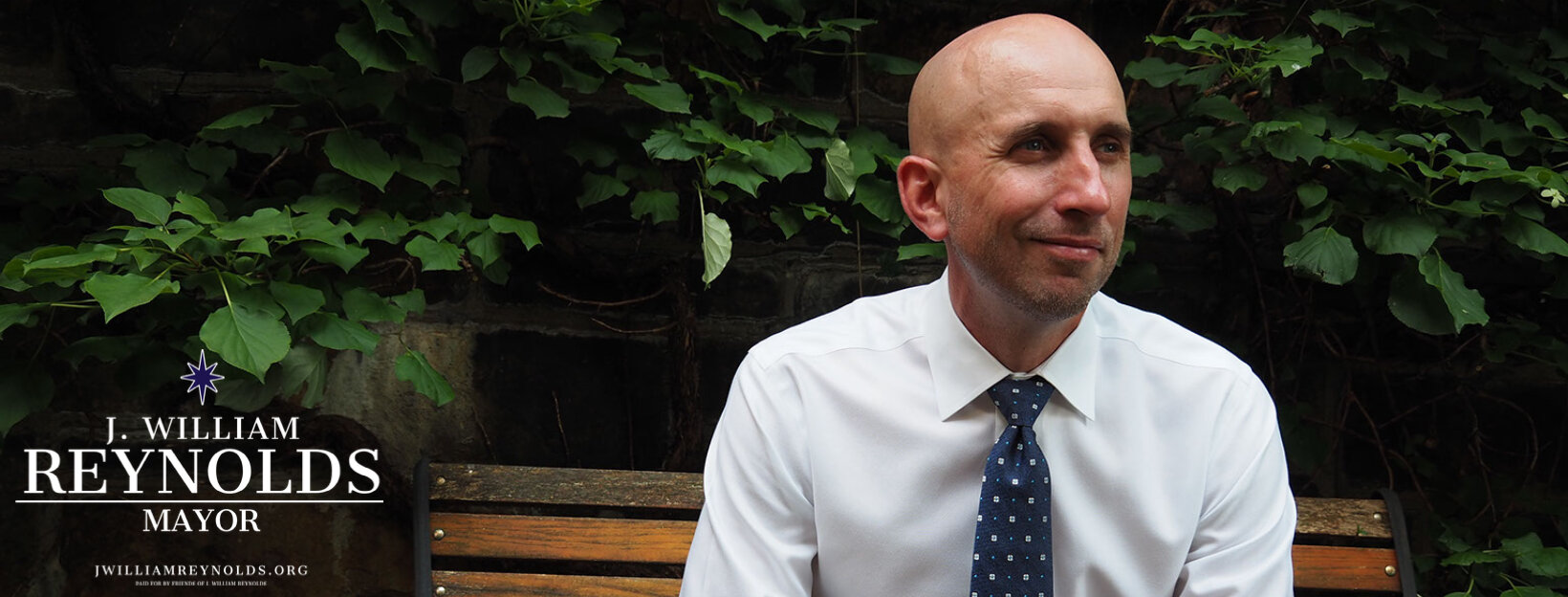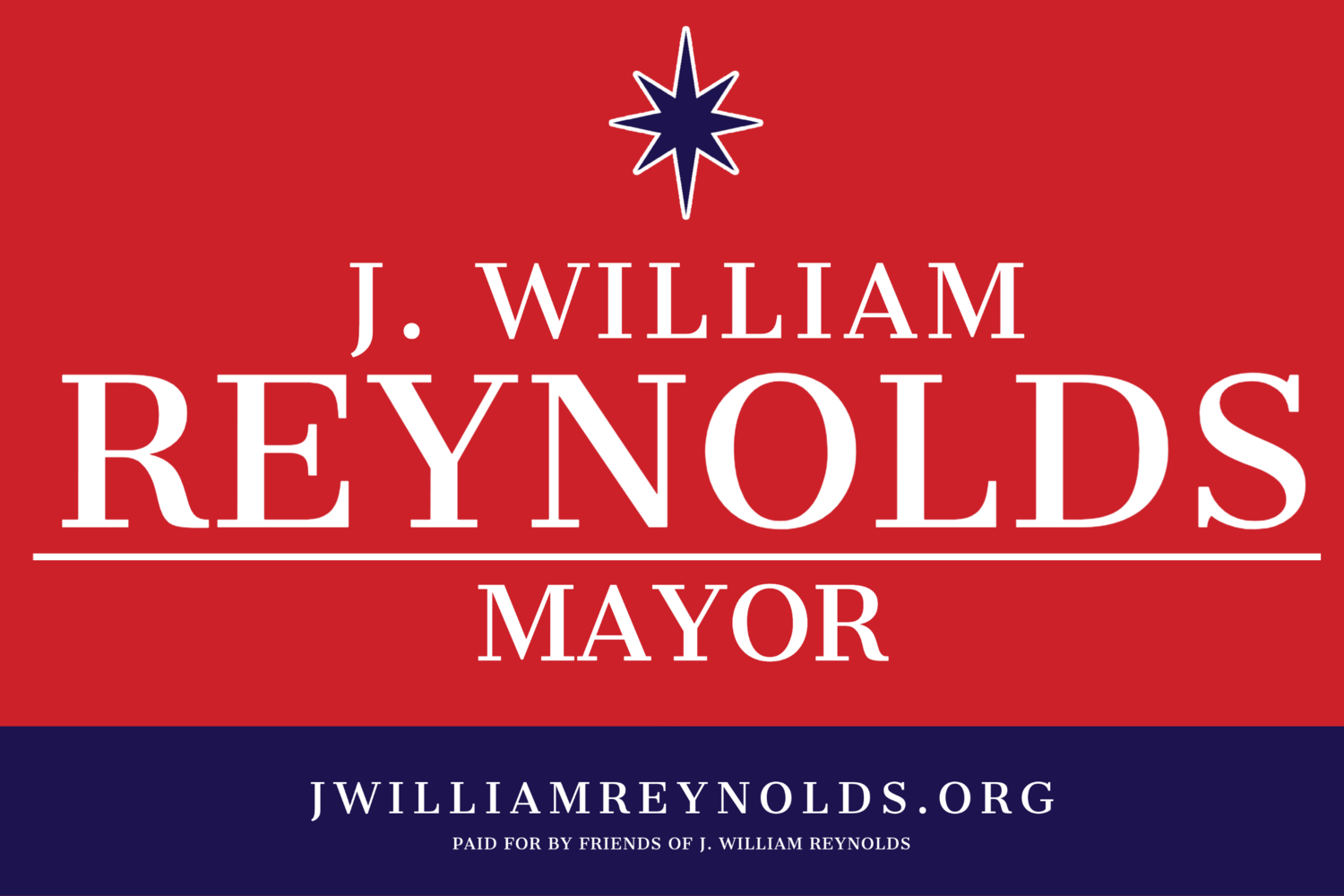
A Vision for Bethlehem
The Issues
PUBLIC SAFETY
“Bethlehem is one of the safest cities in Pennsylvania by nearly every metric. This is thanks to our exceptionally dedicated public safety personnel and our commitment to supporting them in all aspects of their work. We are honored by the incredible level of service that Bethlehem police officers, firefighters, and paramedics provide on a daily basis, and we are proud to have made historic investments in public safety during our first term in office. We spent $1.7 million on 25 new police cars from 2022 to 2025 to rebuild our police fleet. We also rebuilt the majority of our fire truck fleet, spending almost $5 million over the past three years for three new fire engines. Working with the International Association of Fire Fighters employee union, we have worked to fill vacancies quicker and have tripled our new recruit training budget. We also added four paramedics to our EMS team to give an even higher level of service to our citizens.
The backbone of our city is public safety, and we look forward to making even more investments in the coming years.”
NEIGHBORHOOD INVESTMENT
“Our neighborhoods are our most valuable asset as a community. That is why we are making significant investments to improve neighborhoods all across the city.
Northside Alive – the community-driven program that we designed to revitalize the neighborhoods surrounding William Penn and Thomas Jefferson Elementary schools – continues to achieve great results. The area’s central gathering place, Friendship Park, is being completely redesigned and the brand new $1.4 million revitalized park is expected to open in the summer of 2025. Residents are also excited for the Bethlehem Food Co-Op’s opening in the neighborhood, which is set for the Spring of 2025. And neighborhood connectivity and pride continue to grow with the various events, branding efforts, and partnerships forged by the program.
Southside’s Tomorrow – a partnership with Community Action Development Bethlehem involving our non-profit community, local financial institutions, and many others – is a South Bethlehem-focused initiative that continues to find great success in addressing community needs and advancing sustainable solutions to benefit the Southside community in the areas of housing, youth development and engagement, green and public spaces, and neighborhood development.
In West Bethlehem, we followed through on our commitment to bring renewed attention to the area – we rebuilt Fairview Park, brought summer concerts and increased vibrancy to the Rose Garden, and reopened Westside Pool. We also secured a $10 million federal infrastructure grant to completely transform West Broad Street in the coming years to make the corridor safer, more walkable, and attractive for our business and families that surround the street.
In the Stefko and Pembroke area, we are partnering with the Bethlehem Housing Authority and numerous local non-profits and institutional partners to revitalize the Pembroke housing development and the surrounding neighborhood. The planning process has brought together residents, schools, and businesses to address community needs in an oft-forgotten area of the city. The final plan will set out improvements for housing and a broad range of neighborhood assets, including parks and streets, community spaces, and economic opportunities.”
PUBLIC INFRASTRUCTURE - PARKS, TRAILS, AND STREETS
“Thanks to our increased financial health, and with the help of aggressive and successful grant writing efforts, we have been able to make significant investments in our public infrastructure, primarily our parks, trails, and streets. Over the past four years, we have designed and built a new Memorial Pool, Fairview Park, and Friendship Park (completed in summer of 2025) and expanded and greatly enhanced our South Bethlehem Greenway and Monocacy Trail. We have also made significant upgrades to Saucon Park in South Bethlehem and the Rose Garden in West Bethlehem. We are now building on these fantastic investments by creating a comprehensive parks and recreation master plan that will help us make even more investments in our neighborhood and regional parks.
We also have paved more streets than at any point in Bethlehem’s history. During the period of 2020 and 2021, the City paved 27 lane miles of streets. In 2022 and 2023, we paved 47 lane miles and we are set to pave 50 lane miles from 2024-2025. We are also creating a Complete Streets Plan that will design even more streets to be even safer for our walkers and bikers.
More information on our street paving progress can be found here.”
HOUSING AFFORDABILITY AND ATTAINABILITY
“We want Bethlehem to continue to be a city where anyone can grow up here, or move in from somewhere else, and find an affordable place to live. Faced with a national housing crisis and a boom in interest in Bethlehem and the entire Lehigh Valley region, it takes creativity, collaboration, and courage to achieve any level of success in making housing more affordable. Our Administration is leading the entire region and being recognized state-wide for our housing work. We developed and are implementing the strategies and recommendations of Opening Doors: Strategies to Build Housing Stability in Bethlehem, which offers a five-year strategic path to help the most Bethlehem residents access safe and affordable housing. We are advancing numerous new affordable housing projects, including a 120-unit affordable housing development in South Bethlehem; a HUD-funded Choice Neighborhoods Transformation Plan for the Pembroke neighborhood; an accessory dwelling unit pilot project; an emergency rental assistance program run by New Bethany to protect tenants at risk of homelessness; and eviction mediation assistance. We are also continuing existing successful programs to promote safe and healthy living conditions and access to homeownership, including a housing rehabilitation program for homeowners; a lead abatement and healthy homes remediation program for homeowners and renters; a proactive rental housing inspection program; and a first-time homebuyer program. The City has also forged deep and meaningful partnerships with local housing providers and regional housing advocates to advance affordable housing programs and initiatives to tackle the housing crisis.
The City’s housing plan and more information is available here (under the Affordable Housing News tab).”
CLIMATE ACTION PLAN
“Implementing our award-winning Climate Action Plan (CAP) has been a key focus of our Administration. Bethlehem’s CAP includes city-wide energy reduction goals, legislative policy recommendations, and mitigation strategies for vulnerable areas of our city. We are utilizing the expertise of citizens, local environmental advocacy groups, our Environmental Advisory Council, and city employees, and we are working within nine implementation groups to take ideas, concepts, and plans, and turn them into actions that improve sustainability. We also launched the Bethlehem Climate Challenge, which gives everyone an opportunity to do their part to increase our community’s sustainability.
Bethlehem’s Climate Action Plan is available here and our progress on implementation can be found here.”
JOBS AND ECONOMIC OPPORTUNITY
“Access to economic opportunity is one of the most important characteristics of any thriving community. In Bethlehem, there continue to be a variety of job opportunities across multiple sectors as a result of sustained economic growth and development. Over the past four years, the private sector has invested over $1 billion in projects throughout the city. These projects create jobs in construction, manufacturing, and customer service, as well as in advanced professional areas like health, life sciences, and technology. What else are we doing to maintain a strong local economy? We continue to collaborate to attract and retain good business in Bethlehem, from local merchants, to entrepreneurs in our innovation opportunity areas, to larger companies locating high-quality businesses in critical industries right here in Bethlehem. We continue initiatives to cultivate thriving downtown commercial districts and provide economic incentives for a variety of economic development projects. With lessons learned from the closing of Bethlehem Steel, we know that focusing our attention on smart and forward-looking economic growth in diverse sectors is the best way to assure jobs for our citizens, vibrancy in our neighborhoods, and prosperity for our city.”
CITY HALL FINANCIAL HEALTH
“Bethlehem has reached a level of financial health never seen in this city’s history. Among the top ten cities by population in Pennsylvania, we currently possess the best bond rating (A+) and have the lowest Earned Income Tax rate. We have reduced our debt by 33% over the past four years. We are also on track to reduce our debt by another 30% percent over the next four years. Our success can be attributed to our commitment to fiscal responsibility and support of economic revitalization efforts throughout our city. We follow a few simple rules. We do not pay for recurring expenses with one-time revenues and we never mortgage our future to avoid making difficult decisions today. We must stay committed to these priorities if we are to maintain our strong financial position.
Our latest independent financial audit can be accessed here. More budget information can be found here.”
A COMMUNITY OF FAIRNESS AND EQUITY
“As a city, we must be dedicated to building a community centered on the ideals of equity and fairness. We are proud to have hired Bethlehem’s first Director of Equity and Inclusion. We are currently working on the city’s first Equity Plan. We have also worked tirelessly to increase internet access for our residents, design city initiatives to be structured to include traditionally underrepresented communities, and guarantee every resident has the same access to city services.”
PARTNERSHIPS
“We would not be where we are as a city without the private and public partnerships that have helped us recover from the closing of Bethlehem Steel. These partnerships include our non-profit community, our business community, our state and federal officials, and, of course, the Bethlehem Area School District. Every one of our successful initiatives includes one or multiple of our community partners. We will continue to build our plans around understanding who in the community stands ready and willing help us accomplish our goals as a city. That formula of success will continue to be one that we rely on as we keep building a city where everyone has an opportunity to be successful.”
